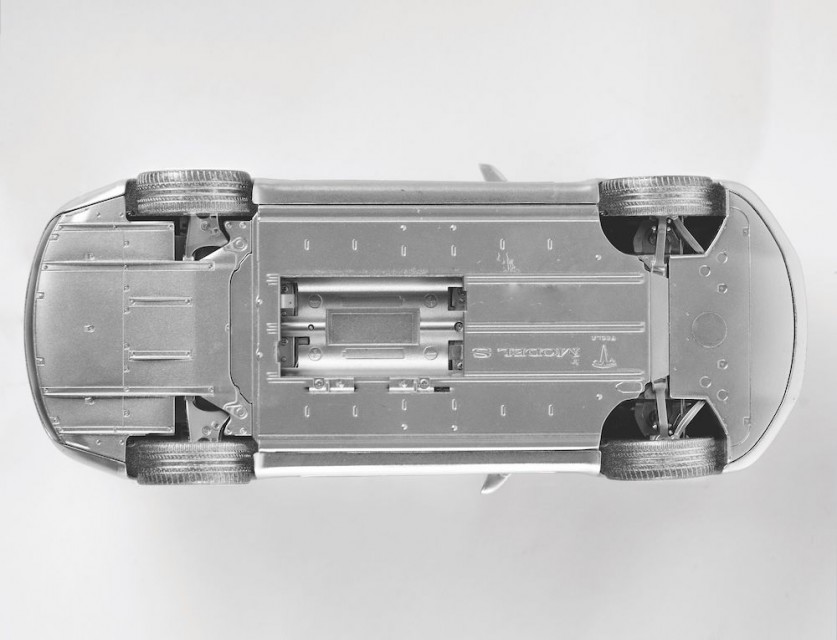The EV revolution will take batteries, but are they ethical?
January 20, 2020

Photo by Chris Altorf and Jack Dylan
Two thousand nineteen may go down as the year the auto industry started putting some muscle into electric vehicle sales. Amidst a steady stream of pledges to deliver more EVs than ever over the next five years, Ford filmed an electric prototype of its F-150 pickup truck (a favourite gas guzzler among Canadians) towing an entire freight train in a CN railyard in Montreal. Not to be outdone, the forthcoming Tesla Cybertruck then hauled the F-150 uphill in a tongue-in-cheek tug-of-war.
The brawny marketing stunts carried a simple message: electric cars aren’t just for tree-hugging Leaf, Prius and Bolt lovers anymore. The message is timely, with global leaders (including Prime Minister Justin Trudeau) committing to carbon pollution targets of “net zero” by 2050, tough new emissions standards coming out of Europe, and a smattering of governments following Norway’s early lead on banning gas-powered-car sales as soon as 2025. For the vast majority of automakers that have cautiously dipped their toes in the EV market, the race to net zero is officially on. But environmental and human rights advocates, along with international heavyweights at the World Bank and World Economic Forum, say there’s an elephant in the showroom. The EV revolution has been racking up a whole supply chain of trouble around the globe (including a recent lawsuit) related to an onslaught of often-contentious new mines opening to meet surging battery-metal demand, not to mention the coming tide of e-waste from old batteries.
If we want to fix this before e-cars take over the roads (30% of car sales should be electric across the EU and North America by 2030, analysts forecast), the time to ensure it’s done right is now. A handful of companies are trying to get out ahead of looming environmental and social risks. So who will be the first to develop a fully ethical battery, and can car companies ensure the EV revolution is green from end to end?
